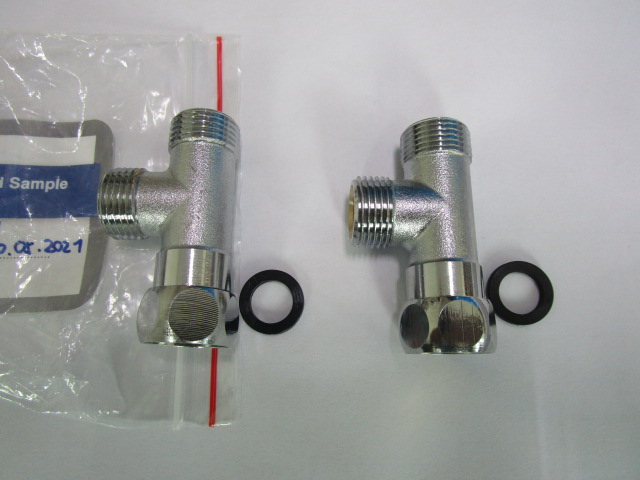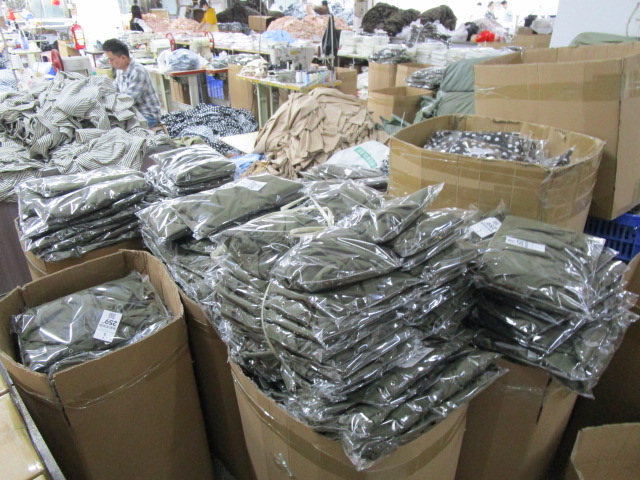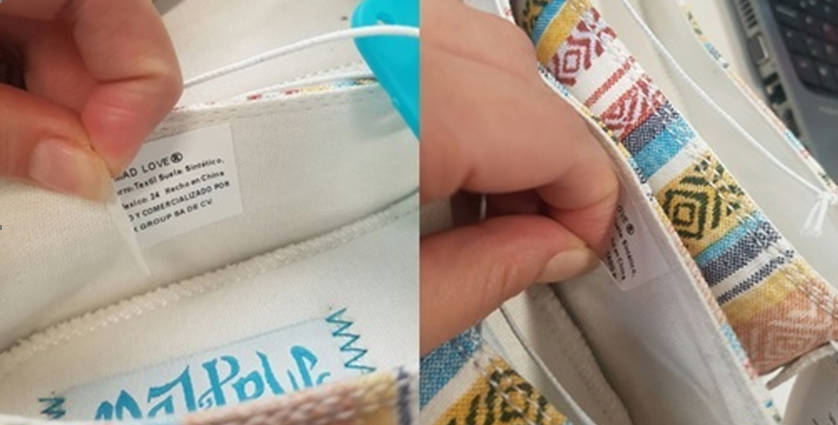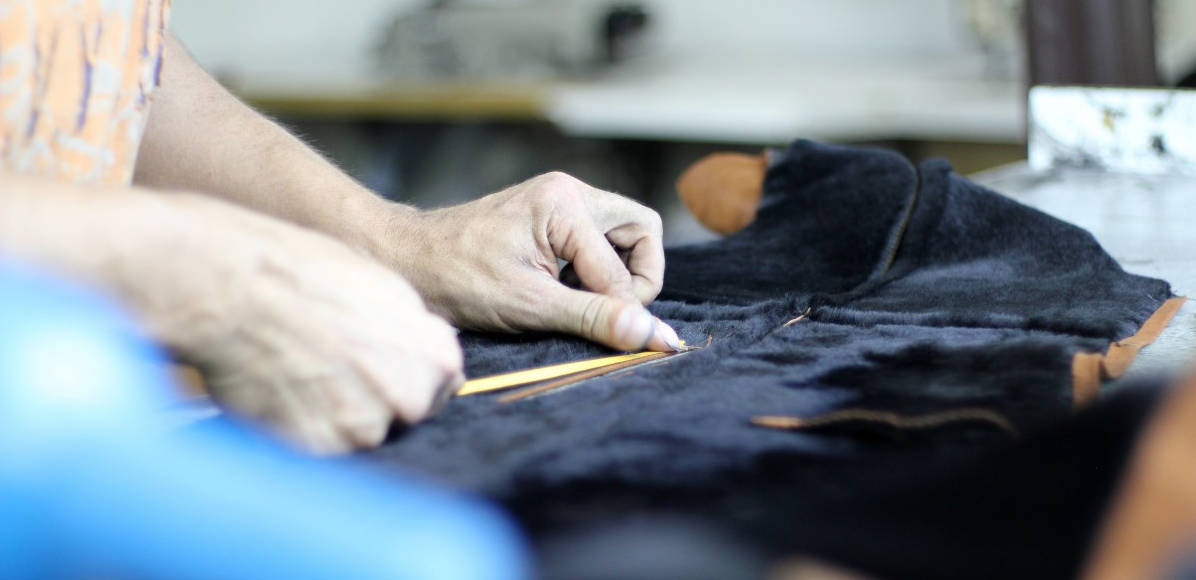
Chinese manufacturing has gained global recognition for its ability to produce a wide range of products at competitive prices. However, like any manufacturing sector, it has its share of drawbacks. This article aims to explore the disadvantages associated with Chinese manufacturing products and discuss how product inspection can be utilized to improve the overall quality level. By addressing these challenges and implementing effective quality control measures, Chinese manufacturers can enhance their reputation and deliver products of higher quality standards.
I. Drawbacks of Chinese Manufacturing Products:
Chinese manufacturing products may face several drawbacks, which can affect their quality and customer satisfaction. Here are some common challenges associated with these products:
Inconsistent Quality:
One of the primary concerns is inconsistent quality control. Due to the large-scale production and the involvement of multiple suppliers, maintaining consistent quality standards can be challenging. This may result in variations in product performance, durability, and overall quality.
Counterfeit and Imitation Products:
China has faced criticism for the production and distribution of counterfeit and imitation products. These products often lack the same level of quality, safety features, and durability as genuine products, which can lead to customer dissatisfaction and potential safety risks.
Lack of Compliance with International Standards:
Some Chinese manufacturers may not adhere to international quality and safety standards consistently. This can impact product reliability, safety, and compatibility, especially when products are exported to different markets with varying regulatory requirements.
Communication and Language Barriers:
Effective communication between buyers and manufacturers is crucial for ensuring product quality. Language barriers, cultural differences, and misinterpretations can lead to misunderstandings and inadequate quality control measures.
II. Product Inspection for Quality Improvement:
Implementing rigorous product inspection processes can significantly contribute to improving the overall quality level of Chinese manufacturing products. Here are key steps to enhance quality through product inspection:
Establish Clear Quality Requirements:
Buyers and manufacturers should establish clear quality requirements and specifications for the products. These specifications should encompass design, materials, dimensions, performance, safety standards, and any other relevant parameters.
Pre-production Inspection:
Conducting pre-production inspections helps ensure that the manufacturing process adheres to the agreed-upon specifications and quality standards. It allows early identification of any potential issues and facilitates necessary corrective actions before mass production begins.
In-process Inspection:
Regular inspections during the manufacturing process enable monitoring of product quality at various stages. This helps identify and rectify any deviations or defects promptly, ensuring that the final products meet the required standards.
Final Product Inspection:
Performing comprehensive inspections on finished products is essential to verify compliance with all specified quality parameters. This includes checking for dimensional accuracy, functionality, appearance, safety features, and packaging standards.
Random Sampling and Testing:
Random sampling and laboratory testing of products can provide objective assessments of their quality. This includes testing for performance, durability, safety, and adherence to relevant international standards. Random sampling ensures representative evaluation and minimizes the potential for biased results.
Quality Audit of Suppliers:
Conducting regular quality audits of suppliers ensures that they meet the required quality standards. This includes evaluating their production capabilities, quality control processes, compliance with regulations, and overall reliability as a supplier.
Effective Communication and Feedback:
Maintaining open communication channels between buyers and manufacturers is crucial for addressing quality concerns promptly. Establishing feedback mechanisms allows manufacturers to receive valuable input and implement necessary improvements.
III. Benefits of Effective Product Inspection:
Implementing robust product inspection practices can yield several benefits, including:
- Consistent Quality: Product inspection helps identify and rectify quality issues, ensuring consistent product quality across batches and improving customer satisfaction.
- Compliance with Standards: Adhering to international quality and safety standards enhances product reliability, compatibility, and market acceptance.
- Reduced Returns and Complaints: Effective inspection processes minimize the occurrence of defective products, leading to fewer returns, complaints, and warranty claims.
- Improved Reputation and Brand Image: Consistently delivering high-quality products can enhance the reputation and brand image of Chinese manufacturers, leading to increased customer trust and loyalty.
- Competitive Advantage: Maintaining high-quality standards gives Chinese manufacturers a competitive edge in global markets, enabling them to attract more customers and secure long-term business relationships.
While Chinese manufacturing products may have inherent drawbacks, addressing these challenges through effective product inspection can significantly enhance their overall quality level. By establishing clear quality requirements, conducting inspections at various stages, implementing random sampling and testing, auditing suppliers, and maintaining open communication, Chinese manufacturers can mitigate quality concerns and deliver products that meet international standards. Improving product quality contributes to a positive reputation, increased customer satisfaction, and a competitive advantage in the global market, allowing Chinese manufacturing to thrive in the long run.




